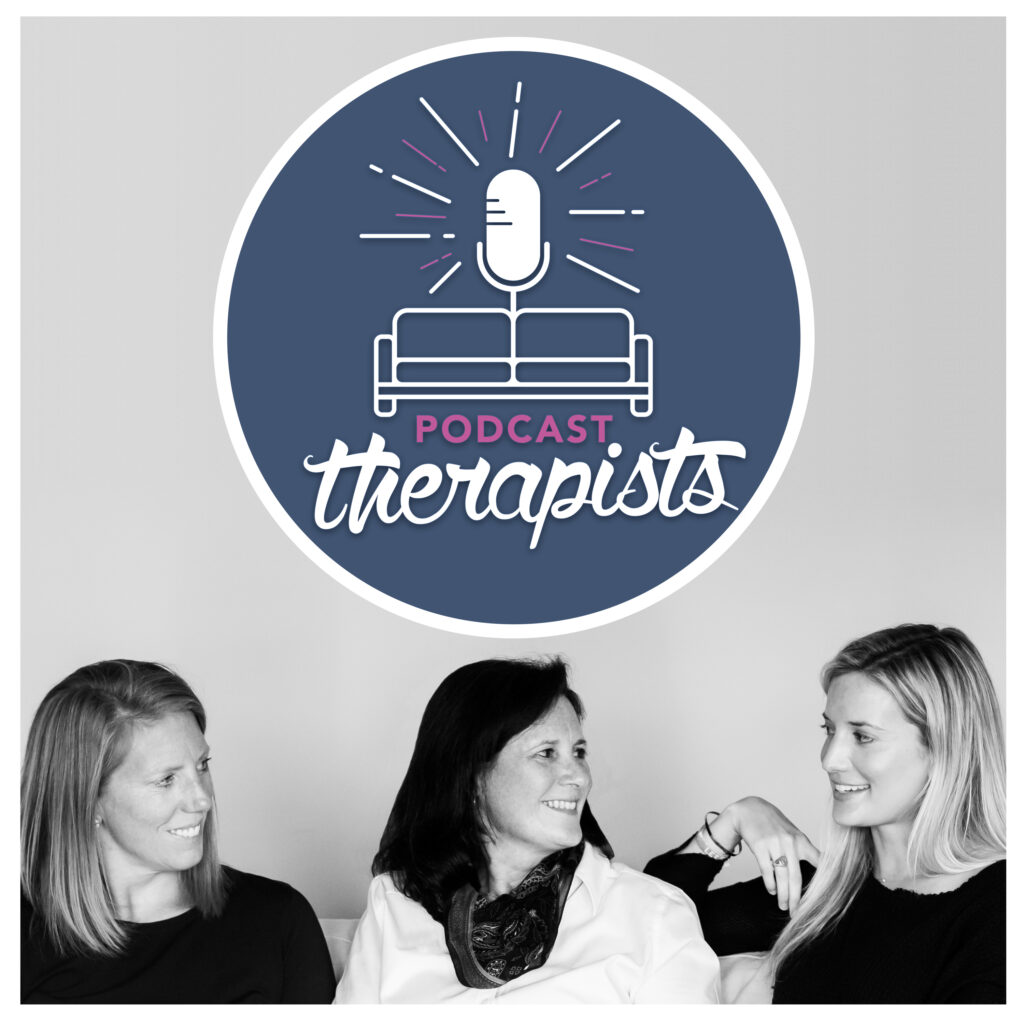Disordered Eating – Part 4: Signs and Symptoms of Disordered Eating

Do you know what signs and symptoms to look out for to recognize when your kid might have an eating disorder? If you’re not sure, that’s totally fine. It’s a thin line after all. That’s why in this 4th episode of our Disordered Eating series, we’re discussing these signs and symptoms with daily life examples. We’re also discussing what you can do when you’re noticing these things and what steps to take next.
Important to know
Before we dive into some of the signs and symptoms of disordered eating that we discuss in this week’s episode, note that seeing one of these points does not necessarily mean your kid has an eating disorder. Unfortunately, our culture even celebrates some of these behaviors, meaning that some kids will experiment with them. Instead, be on the lookout for:
- clusters of these symptoms;
- prevalence over an extended period of time;
- changes in behavior.
There is a natural time of experimentation that we can’t necessarily avoid. But it’s important to keep an eye out for certain behavior, so you can recognize it early on when the behavior is turning into an eating disorder. It’s always easier to intervene in the early stages.
Signs and symptoms of disordered eating
- Freaking out when not reaching their movement goals.
For example: When your kid doesn’t meet their daily steps goal for a day, notice how they respond. Can they move on from it, or do they freak out or feel worthless because of it? - Eliminating certain food groups from their diet and the idea of eating that food becomes highly distressing.
For example: completely cutting sugar or carbs out of their diet or no longer eating any processed foods. Also be aware of the rigidity of this. Are they able to be flexible with it, or do they refuse to eat it completely? - Their social life, physical health, or other parts of their life begin to suffer from it.
- Menstrual irregularity
- Hiding what they’re eating
When, for example, you find cookie wrappers hidden in your kid’s bedroom weeks in a row, this can be a sign of binge eating.
What to do when you notice clusters of these signs & symptoms?
First, make sure to observe it for a little while. Make mental notes of the things you’re noticing. Two weeks is an acceptable amount of time.
After these two weeks, talk to your kid about it. Do this with curiosity and zero judgment. You can use the next sentence as a starter: I’ve noticed (name behavior). I’m wondering if you want to talk about it?
For example: ‘I’ve noticed you haven’t been eating your lunch at school the past two weeks. Would you like to talk about it?”
In our episode, we discuss many, many more signs and symptoms.
More about Virginia Family Therapy
Virginia Family Therapy is a mental health practice serving individuals, families, and our community. VFT is designed to help people at all stages and from all walks of life by offering therapists and physicians with diverse backgrounds and specialties via face-to-face, walk-and-talk, and telemedicine appointments. Throughout, we are committed to developing strengths-based, authentic, and long-lasting relationships with you and your children. We hope to provide you with the support and insight you need to help your family navigate life’s hard times and joys.
Contact us here.
In this episode on the signs and symptoms of disordered eating, we cover:
- What signs and symptoms of disordered eating to look out for;
- Examples of what this may look like in day-to-day life;
- What to do when you’re noticing a cluster of these signs or symptoms;
- Next steps to take.
Resources and links mentioned in this episode
- Are you or your child struggling with mental health? We have a team of psychologists and psychiatrists who can help you out. Don’t hesitate to contact us here.
- We’d love to hear your feedback on our podcast. Why not leave us a review on Apple Podcasts?
- Connect with us on Facebook or Instagram or send us an email on podcasttherapists@gmail.com.
- Have you listened to the previous episodes of our series on disordered eating? Start here with the first episode about the toxic culture around body image.
Disclaimer: Please remember we are real live therapists, however this is a podcast and is not considered a therapy session. Not only because there is no co-pay but also because we can’t speak to your individual experiences. We are here to help you keep raising healthy kids. And remember, if you are an imperfect parent, we are right there with you. If you or someone you love is in immediate danger, please call your local crisis hotline or go to your nearest emergency room.
